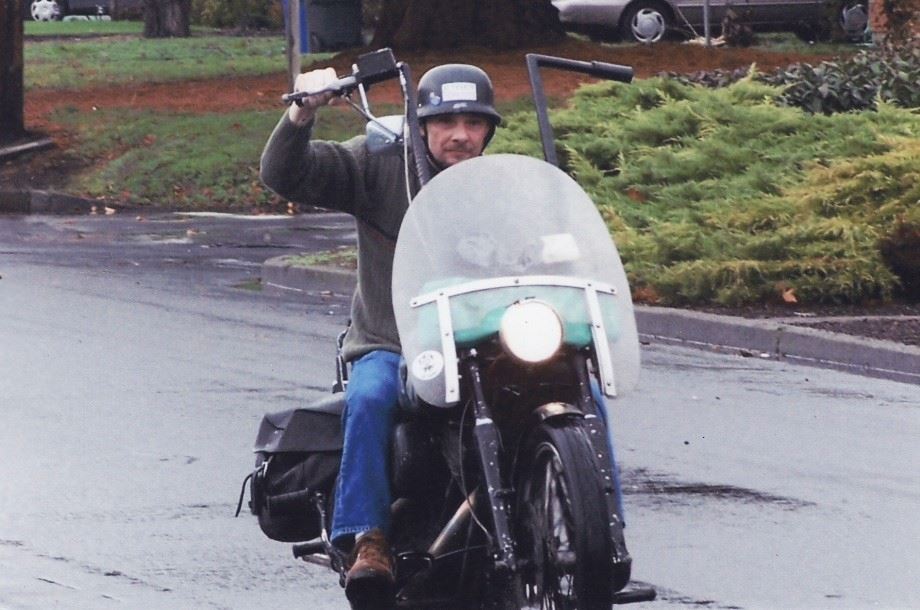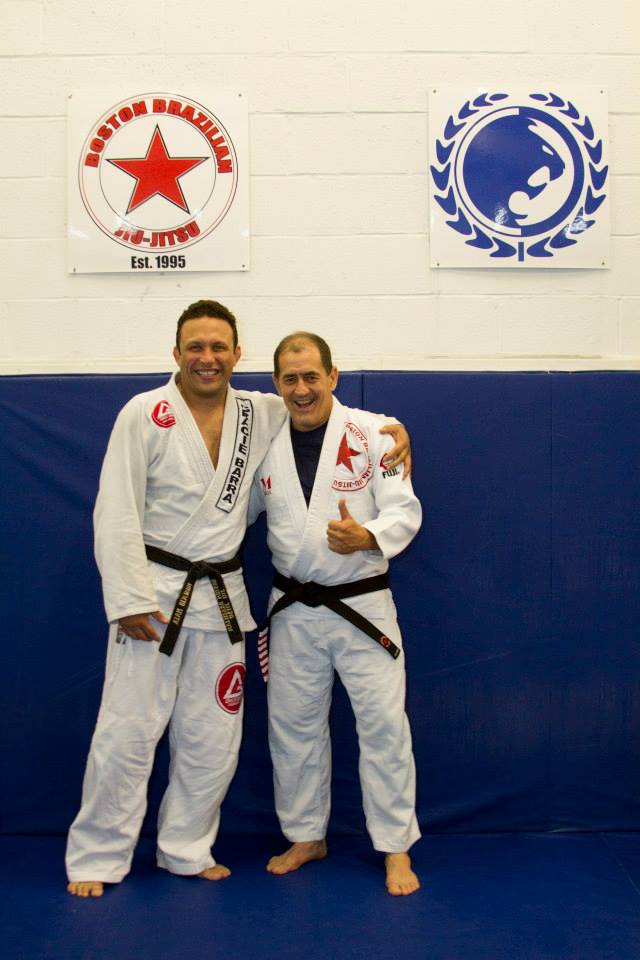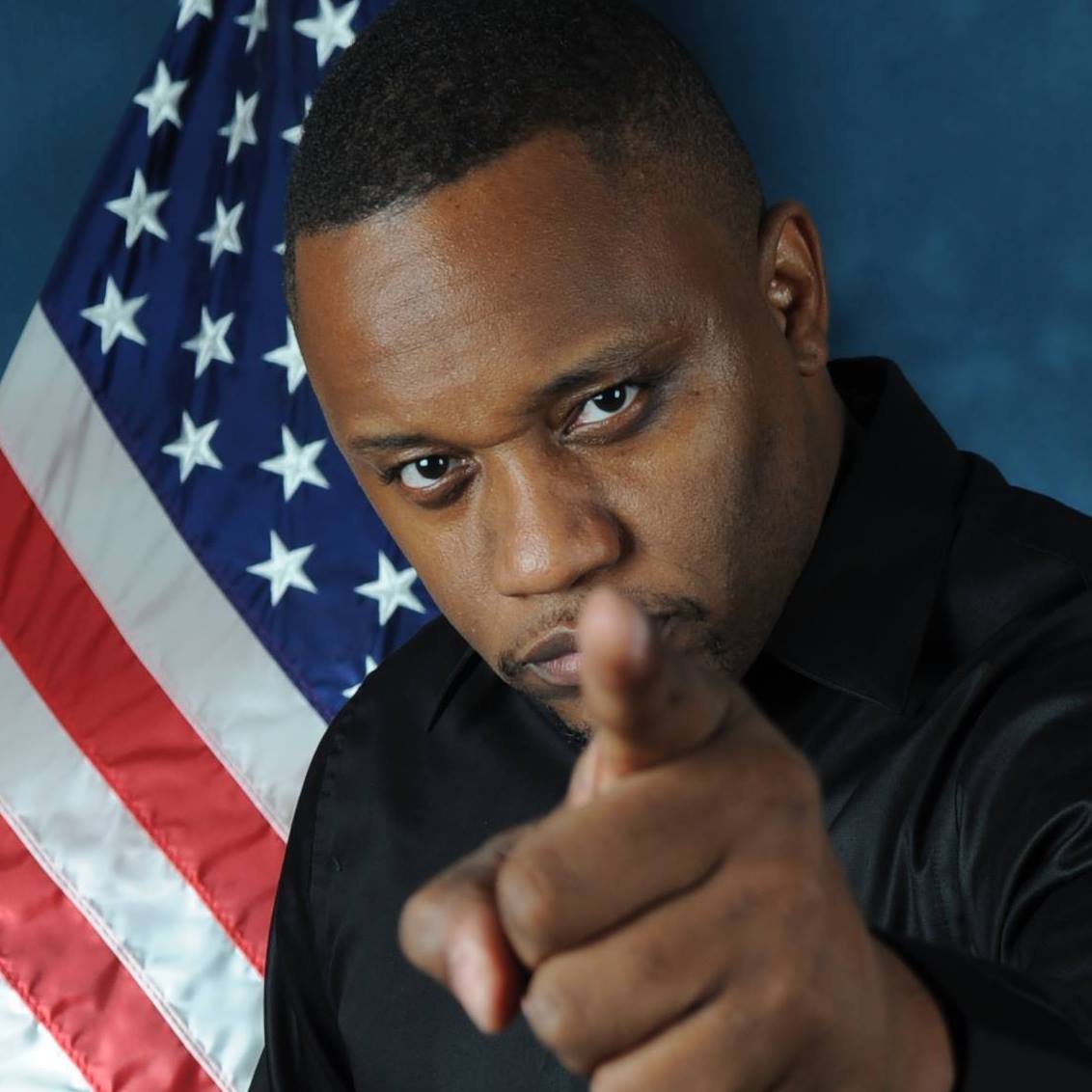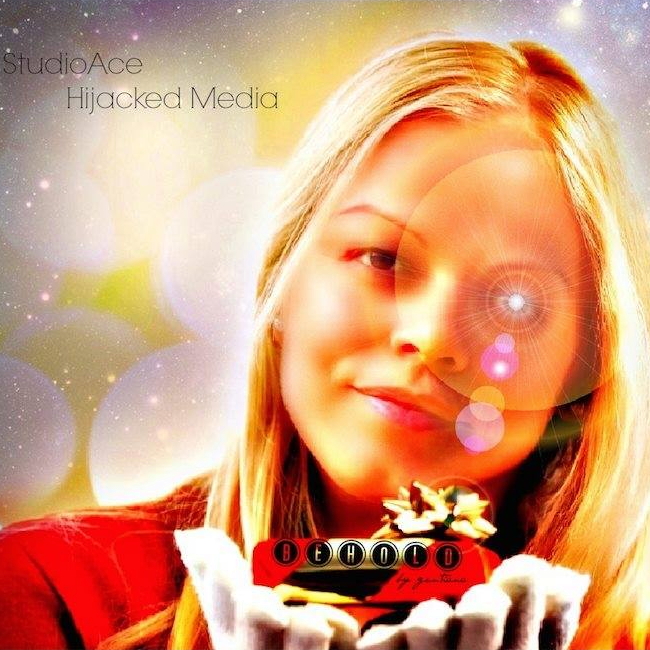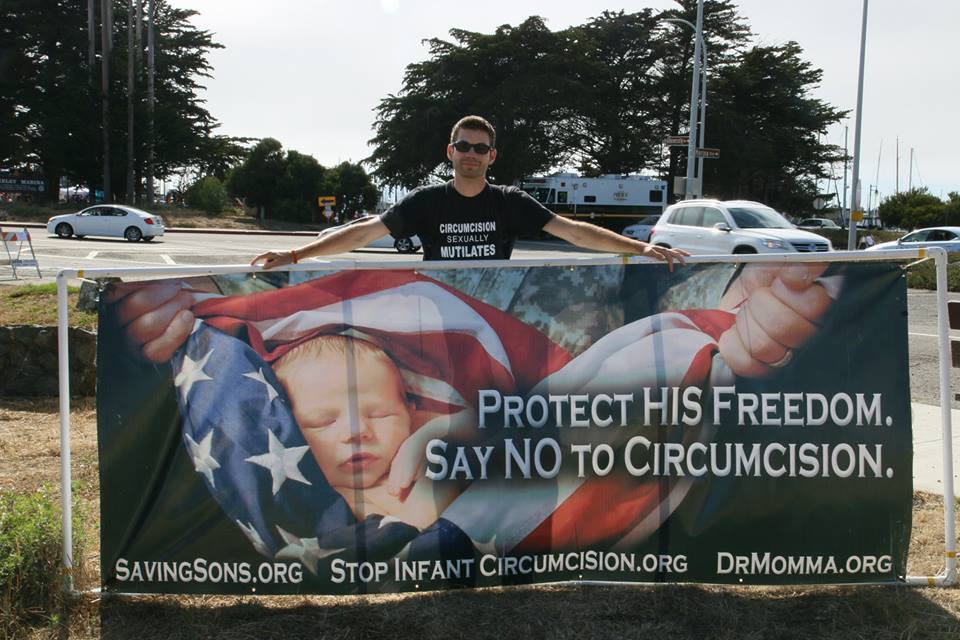Tag Archives: Mental_health
I have never punished my child Parenting for a Nonviolent World

“Listening” provided by Anahata Giri
Punishment undermines the very basis of parenting: maintaining a safe, clear, loving relationship between parent and child.
Anahata Giri for Global News Centre
(MELBOURNE) I have never punished my child. This is not because I have some kind of freaky perfect child. My 8 year old son is a normal child who engages with the world with a natural childlike intensity. This means he sometimes challenges boundaries by doing what he wants and upsetting others. At times I am very upset by his actions and I have been stretched beyond my own boundaries many times. This can be really tough.
Will Oregon mass killings be a tipping point?
Probably Not
 Two years after the tragedy at the Sandy Hook Elementary School, a study in Preventive Medicine found large majorities of Americans continue to support a range of gun violence prevention policies.
Two years after the tragedy at the Sandy Hook Elementary School, a study in Preventive Medicine found large majorities of Americans continue to support a range of gun violence prevention policies.
Ralph E. Stone Global News Centre
(SAN FRANCISCO) On October 1, 2015, ten people were killed and another seven injured after Christopher Harper-Mercer, a 26-year-old gunman, opened fire in a classroom at Umpqua Community College in southern Oregon. Harper-Mercer then took his own life. President Obama vowed to continue pushing new gun policies that he said would prevent further mass shootings. Will this mass killings be a tipping point resulting in passage of reasonable federal gun control legislation? Probably not.
Duty to Warn: Electroconvulsant Shock Therapy (ECT)
![clip_image001[2]](../../wp-content/uploads/2015/10/clip_image0012.jpg) Is it safe or even effective?
Is it safe or even effective?
By Gary G. Kohls, MD
(DULUTH) In my practice of holistic mental health care, I encountered a number of unfortunate patients that had had one or more series of electro-convulsant (shock) therapy (ECT) , where a series of sub-lethal electrical shocks are administered directly to one or both hemispheres of the brain.
The Psychology of Projection in Conflict
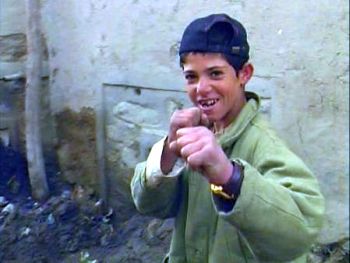
Afghan boy in Kabul is a reflection of the violence he has witnessed in his brief life. Photo by Tim King
I have chosen and quoted words to illustrate my discussion about the significance of projection and the importance of unconscious emotional content in any conflict.
Robert J. Burrowes Global News Centre
(TASMANIA) Understanding human conflict requires us to understand human psychology. And it is only when we understand the psychology that drives conflict that we can take intelligent steps to address it.
Most attitudes and beliefs are outcomes of fear
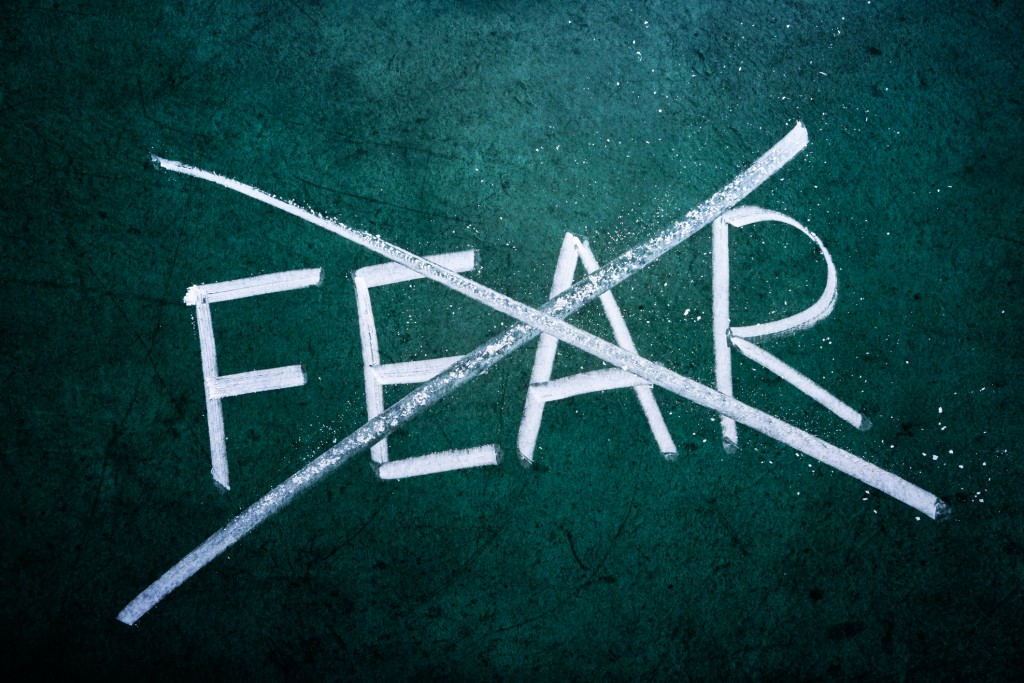
swansonleadership.com
The most important emotion driving dysfunctional attitudes, beliefs, values and behaviour is terror. And education can have no impact at all on any of these when someone is terrified.
Robert J. Burrowes Global News Centre
(TASMANIA) I routinely come across efforts to change an individual’s attitude, belief and/or value by using education to teach the ‘right’ one. This is most usually intended to lead to a better behavioural outcome, such as someone who is not sexist, racist or violent. I would like to explain why education cannot achieve such a change, except in the most superficial of circumstances, as the evidence clearly demonstrates.
If God sends her to me, she is a blessing. Affirmation of a mother to her daughter with Down syndrome
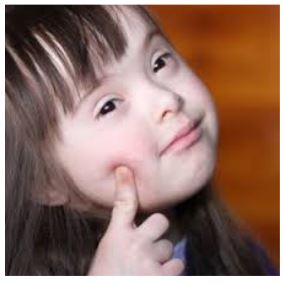 The journal The New England Journal of Medicine, reported that it has reviewed a new, noninvasive test that can discover Down syndrome three months after fertilization, with an accuracy of 87%.
The journal The New England Journal of Medicine, reported that it has reviewed a new, noninvasive test that can discover Down syndrome three months after fertilization, with an accuracy of 87%.
Clemente Ferrer Global News Centre
(MADRID) Eddy enrolled their children in the CADI (Center for the Integral Development), Uruguay institution that seek sto help improve the quality of life for children and families at social risk. Eddy thinks that in CADI she learned to see God’s hand in everything. By having her last child with Down syndrome she said, “If God sends her to me, she is a blessing.”
Duty to Warn: what psych drugs was Lufthansa Co-Pilot Andreas Lubitz taking?

Andreas Lubitz photo courtesy: theguardian.com
What People Need to Know About the Latest Mass Murder. (Especially reporters and their editors)
Gary G. Kohls, MD for Global News Centre
(DULUTH) “Even at normal doses, taking psychiatric drugs can produce suicidal thinking, violent behavior, aggressiveness, extreme anger, hostility, irritability, loss of ability to control impulses, rage reactions, hallucinations, mania, acute psychotic episodes, akathisia, and bizarre, grandiose, highly elaborated destructive plans, including mass murder.
“Withdrawal from psychiatric drugs can cause agitation, severe depression, hallucinations, aggressiveness, hypomania, akathisia, fear, terror, panic, fear of insanity, failing self-confidence, restlessness, irritability, aggression, an urge to destroy and, in the worst cases, an urge to kill.” - From Preventive Psychiatry E-Newsletter # 296: “Drug Studies Connecting Psychotropic Drugs with Acts of Violence” – unpublished.
Duty to Warn: The Red Lake School shootings, 10th anniversary
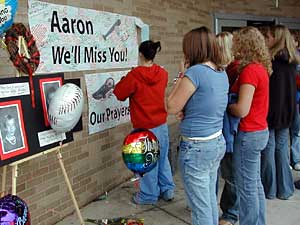
news.minnesota.publicradio.org
Mixing Drugs, Guns, Crushing Poverty, Generational Racism, and Predatory Capitalism Doesn’t Work
Gary G. Kohls, MD for Global News Centre
(DULUTH) March 21, 2005 - Red Lake, Minnesota – Under the crazy-making and neurotoxic influence of 60 mg of Prozac, and using his grandfather’s shotgun and Glock pistol, Jeff Weise, age 16, shot and killed his grandfather and his grandfather’s girl friend at their home. He then went to his Red Lake High School and shot and killed a security guard, a teacher, 5 students, and finally himself, leaving a total of 10 dead and 7 wounded. Weise had previously spent about a year and a half in a residential juvenile treatment program, presumably under the care of a prescribing psychiatrist and other mental health personnel. Weise had reportedly had had his dose of Prozac increased to 60 mg per day. (Note: only one American SSRI “antidepressant” [all of which have identical mechanisms of action and cause adverse effects] is FDA-approved for adolescents, and in some European nations it is against the law for doctors to prescribe SSRIs for children because of the lack of long-term safety studies and the known increased incidence of violence and suicide. The usual starting dose of Prozac for adults is 10 - 20 mg/day and 8% of the population lacks the liver enzymes to metabolize and de-toxify SSRI drugs, thus becoming instantly toxic from the drugs.)
Violence Against Women: why we keep getting it wrong

nour-t.deviantart.com
If some of the people with whom we interact are particularly scared when people disagree with them, then they will tend to be more forthright in seeking our ‘agreement’ (especially, perhaps, in particular contexts).
Robert J. Burrowes Global News Centre
(TASMANIA) With the passing of another International Women’s Day, during which much attention around the world has again been focused on tackling violence against women, I would like to explain why none of the initiatives currently being proposed will achieve anything unless we acknowledge, and act on, the cause of this violence.
So let me briefly explain the fundamental cause of violence in our world, including the cause of violence against women, and invite you to do something very personal and effective about it.
Perpetrators of violence learn their craft in childhood. If you inflict violence on a child, it learns to inflict violence on others. The terrorist suffered violence as a child. The individual who perpetrates violence in the home, in the schoolyard or on the street suffered violence as a child. The man who inflicts violence on women suffered violence as a child.
Why do we fear challenging authority?
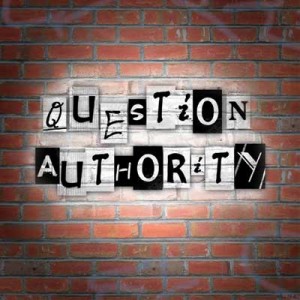
activistpost.com
If some of the people with whom we interact are particularly scared when people disagree with them, then they will tend to be more forthright in seeking our ‘agreement’ (especially, perhaps, in particular contexts).
Robert J. Burrowes Global News Centre
(TASMANIA) Have you ever noticed your own inclination, or that of other people, to believe what you/they are told by someone seen to be in authority?
For example, did you know that there is overwhelming scientific evidence that the 911 destruction of the World Trade Center buildings 5, 6 and 7 was a false flag operation? That is, 911 was organised by the US and/or Israeli elite(s) and their agents in order to enable them to manipulate public opinion to support their subsequently initiated perpetual war in the Middle East and elsewhere.
Family Breakdown: one important cause of many of society’s ills
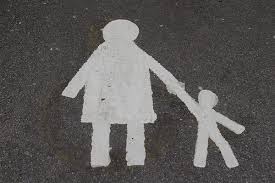
communitycare.co.uk
The growing number of studies in this field also suggest that these children have more problem behaviors and more trouble finishing school.
Allan Brownfeld Global News Centre
(WASHINGTON DC) In 1965, Daniel Patrick Moynihan, then assistant secretary of labor who went on to serve as Democratic U.S. senator from New York for nearly a quarter-century, issued a report warning of a crisis growing for America’s black families. It reported a dramatic increase in out-of-wedlock births and one-parent families and warned of the “tangle of pathologies” which resulted. Among these was poor performance in school, increased drug use, and a growing rate of incarceration for crime.

